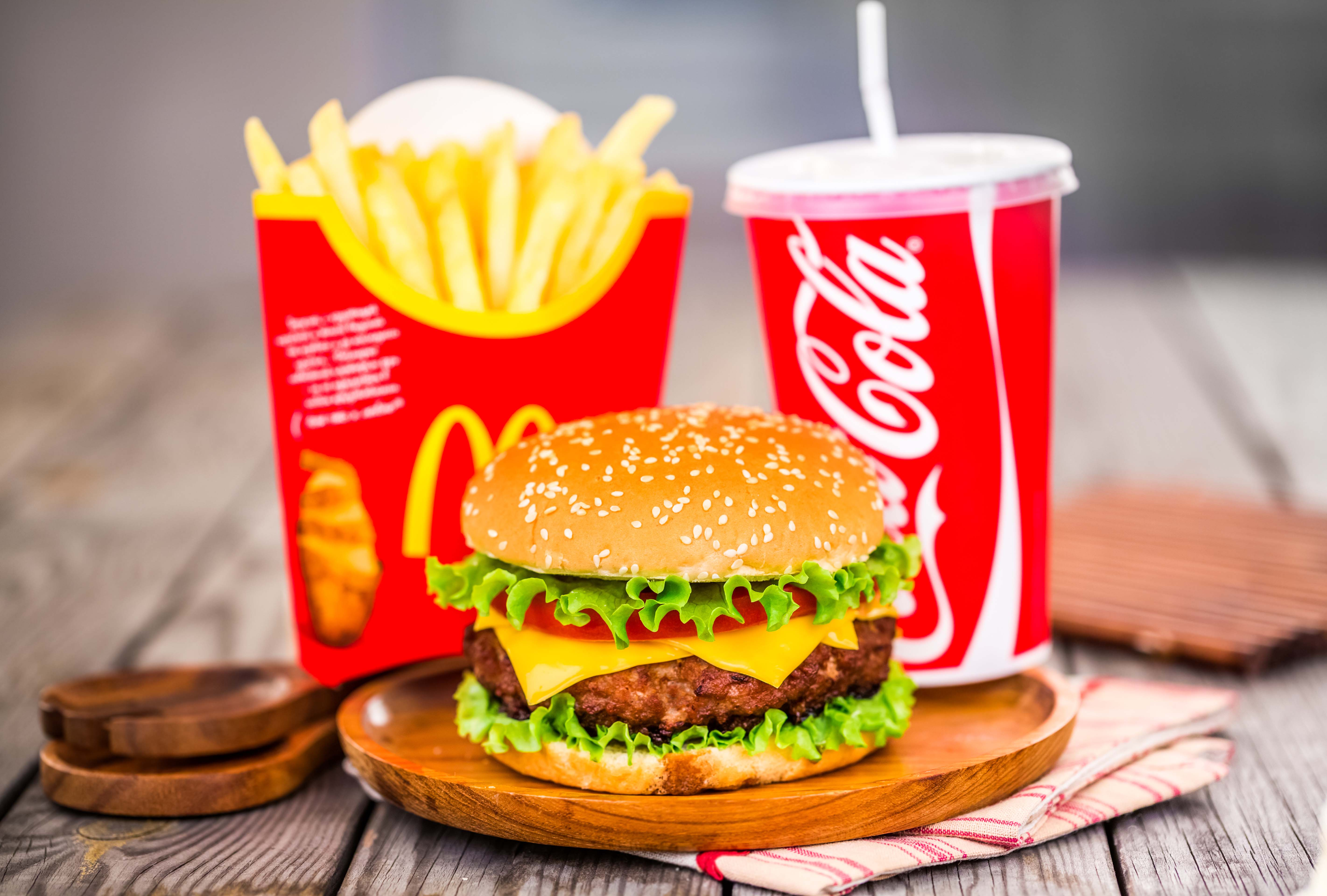In a move highlighting the risks of vegetable contamination, McDonald’s has temporarily removed items with fresh onions from some locations following an E. coli outbreak, reportedly tied to contaminated onions, that has affected over 75 individuals across the Midwest and Western U.S. This incident underscores the difficulty of ensuring produce safety in fast-food environments, where produce is often served raw. Unlike beef, which can be effectively sterilized through cooking, produce remains exposed to contamination risks from environmental sources that are harder to control.
Challenges in Produce Safety
With raw vegetables, the risk of contamination is elevated due to potential exposure to animal feces, untreated manure, or contaminated irrigation water in open fields. As E. coli naturally exists in the digestive tracts of animals, ranging from cattle to wildlife, pathogens can enter the food chain through unregulated water sources or improper handling. Contaminants often evade detection due to minimal bacterial presence, which is difficult to identify through standard testing methods.
Regulatory and Industry Responses
Federal regulations, including the Food Safety Modernization Act of 2011, have introduced standards for safe produce handling, but the fragmented nature of the produce supply chain has made enforcement challenging. While companies like McDonald’s implement frequent testing, even rigorous oversight cannot catch all contamination. Experts suggest that enhanced private-sector standards, led by major buyers, could be instrumental in pushing for safer produce practices across the industry.















